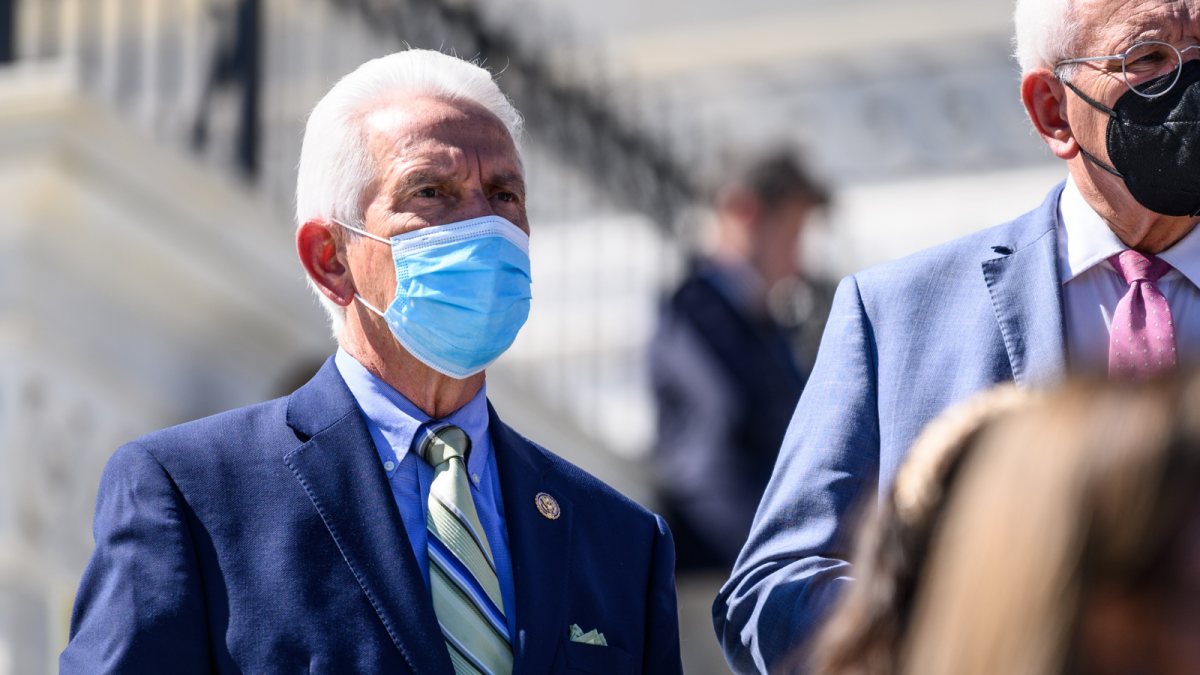From improving water supplies to fixing roads, new infrastructure act helps the Valley

When it comes to our infrastructure, I often say we're living off the investments our parents and grandparents made a generation ago. But right now, with the bipartisan Infrastructure Investment and Jobs Act, we're entering a new era. The new law will create 2 million jobs per year over the course of a decade, and addresses critical infrastructure needs. With funding already rolling out, and continuing over the course of five years, the San Joaquin Valley can take on challenges like drought, wildfires, air quality, and improving transportation. This infrastructure investment will make a difference, and shows the power of lawmakers on both sides of the aisle working together to deliver results for Americans.
As our state grapples with devastating drought, the act prioritizes water resilience. Over $1 billion is coming to improve water storage in California, which could benefit B.F. Sisk Dam, Sites Reservoir, Los Vaqueros Reservoir, and Del Puerto Canyon Reservoir expansions. There is also an additional $500 million for repairs in aging dams, significant for the San Luis Reservoir. There is also heavy investment in drinking water infrastructure, with $3.5 billion for clean water in California. Additionally, $250 million is directed to the state to bolster water desalination, a critical innovation needed to increase our supply as California deals with cycles of drought.
The bipartisan infrastructure law also makes major investments in transportation, critical to keeping the San Joaquin Valley connected to the rest of California and beyond. Almost $9.5 billion is coming to improve California public transportation, including high-speed rail, Amtrak,and ACE Train. Over $25 billion will go toward improving California highways, like 99 and 41. Over $1.5 billion is headed to California's airports. I was thrilled to announce that first round of funding right before the holidays, with over $9.5 million alone coming to local airports across the Valley in the new year, including more than $4.6 million for Fresno Yosemite International Airport. Reducing our carbon footprint is a key part of the infrastructure law. California will receive $384 million over five years to support the expansion of an electric vehicle charging network, which could lead to more people purchasing zero-emission cars. Additionally, $7.5 billion is going toward electric and low-emission school buses across the country. These investments will help improve Valley air quality.
Preventing wildfires is necessary to improve air quality in the Valley. We've seen a devastating two years with major fires, like the Creek Fire, Windy Fire, and KNP Complex Fire. In the infrastructure law, $84 million is coming to protect California against wildfires. Nationally, $5 billion is set aside for utilities to install fire-resistant technologies.
The COVID pandemic brought internet access to the forefront, as online school and teleworking became vital parts of everyday life. California will receive $100 million to help provide broadband coverage across the state.
This investment in our infrastructure benefits our economy, according to a recent analysis from Moody's Analytics. The analysis found the legislation lowers business costs,which increases competitiveness and productivity, reduces unemployment, and lowers carbon emissions. Additionally, this investment is fully paid for by making sure corporations and the wealthiest Americans pay their fair share, strengthening tax enforcement, and utilizing remaining funds from the American Rescue Plan. As our country continues to recover economically from COVID, a historic investment in our infrastructure, an investment in the quality of life for all Americans, and a commitment to creating reliable, good-paying jobs is one way we can ensure a better future for generations to come.